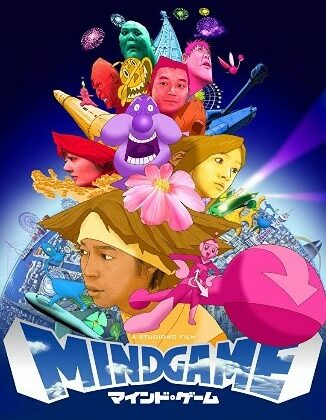A Priest & Practitioner in Peru
Marika Azzopardi meets Rev. Dr Raymond Portelli during a whirlwind visit to Gozo and Malta from his mission in Peru.
What came first, priesthood or medicine?
I knew I wanted to become a doctor since my youth, while I was at Sixth Form. But during those years, I also felt the vocation to become a priest. I faced a dilemma. Should I become a doctor and a priest later, or vice versa? The then Bishop of Gozo, Monsignor Cauchi, insisted I should become a priest first and so, with due obedience, I began attending The Seminary in Gozo from where I was ordained a priest.
Did you start medical studies immediately after?
No. I was sent to Peru as soon as I was ordained, spending 18 months in Lima and then moving to the small diocese of Iquitos deep in the Peruvian Amazon. However, once there, I learnt that the Amazonian National University was located close by and that it had its own Faculty of Medicine. So I spent the next eight years juggling my role as a parish priest with that of being a medical student. I finally graduated and obtained my licence in 2004.
What characterizes your typical day at the mission?
I do a mix of both professions. I work as a family doctor in a government clinic three times weekly. I also have my private practice (free to all who visit me) wherein I provide medical services to the poor and the needy. In the evening I don my cassock and carry out my clergyman’s duties. Mass is celebrated in the evenings during weekdays and I am the only priest for a total of 18,000 inhabitants in the region.
What does your work as a missionary involve other than these responsibilities?
I am responsible for four homes. One is named ‘Something Beautiful for God’ and is a home for Aids and HIV patients. Within its six rooms we have beds and a clinic. We felt this is a necessary service in this community, considering that Iquitos is the second city with the highest number of Aids sufferers in the country. We also run a small rehabilitation centre for drug addicts and a night shelter for the homeless where we can accommodate a maximum of 25 persons; these can also avail themselves of a free breakfast and showering facilities. Then there is also a small home for the elderly which retains 20 persons at a time.
Why is this?
Liberal sex is rampant even though close to 80% of citizens are baptised Catholics. The poor bear the biggest brunt of the Aids scourge. Some do not possess an identification card. This means they are not entitled to any kind of treatment in the government clinics. So you get drug addicts for instance, with advanced Aids, sleeping rough and dying alone, untreated and uncared for. At our clinic we diagnose, treat and collaborate with the local hospital via our two doctors, together with a psychology team. Patients who make it to our clinic arrive in a bad state and many die within the week. This is mostly due to secondary infections, such as tuberculosis.
How do you choose your patients?
We don’t. They come to us. We never refuse patients, and keep them to sleep over within our facilities if their condition is bad enough. Otherwise they are treated as day patients.
How do you manage all this?
Small daily miracles happen. But money is the most pressing need. We organise two big fund raisers a year in local parishes and the few middle class families usually give generous donations. This generally covers half the expenses we incur. The rest I manage to collect via fund raisers in Gozo.
Does your work require frequent travel?
Once a month my team and I go out of Iquitos and visit the small communities of the river villages. The people there live simple lives in huts. But there are hundreds of villages and lots of people to treat.
What do the villagers suffer from typically?
Respiratory diseases due to abrupt changes in temperature including bronchitis, pneumonia, diabetes, malaria, fungal infections, parasites, tuberculosis, etc. Unfortunately pneumonia kills a lot of children. Tuberculosis has become multi-drug resistant. I myself contracted it in 1996 but was cured. Still, I protect myself by setting limits in my relations with patients. People have poor education, namely due to the economic factor. We try our best to teach about the importance of cleanliness, hand washing and watching out for what one drinks.
Do you have enough help?
Well, as I explained earlier, I am the only priest in my parish. Recently a few groups of Maltese and Gozitans came to help with maintenance work, summer camps for kids, etc.
What message would you like to give other doctors?
Don’t forget the poor. Empathy is key. We must never put the humanistic aspect of our profession aside.
“I read ‘The Synapse’ because….
The truth is that I have never read The Synapse, but I guess with this interview I will be urged to start reading it online. I hope it will be one way of keeping in touch with my fellow Maltese medical doctors.
One can help Rev. Dr Raymond Portelli in his missions by making an online donation at the BOV Account No: 12417173013.







